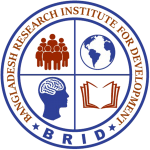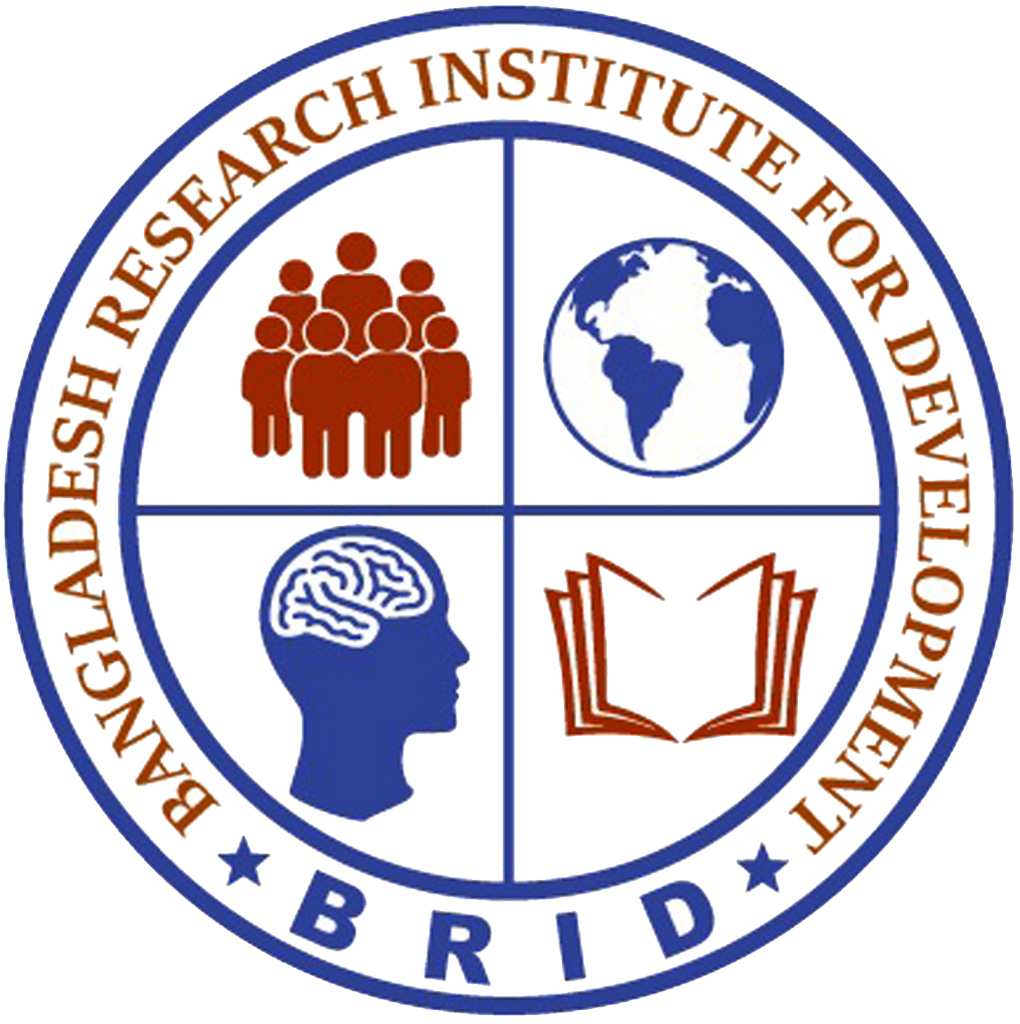Executive Summary
Body confidence is an incomparable resource for every human being. It is commonly said that, health is wealth. And to ensure better health and physical condition, having self-confidence is quintessential. But, amid different challenges and adversities, it is getting difficult for people to have confidence on oneself. This lack of self-confidence is having a severe impact on the lives of young girls and boys. As a result, children and adolescents face multidimensional complications while instability is rising from the families to the societal level.
With the financial support of Unilever Bangladesh and the technical assistance of Plan International Bangladesh, ESDO implemented the ‘Dove Self-Esteem Project’ in Bangladesh for the first time. The project started in September 2021 and ended in April 2022. Dove is a well-known personal care brand that is committed to developing the physical confidence and self-esteem of men, women, boys, and girls. The project aims to ensure that the new generation, especially girls, grow up having body confidence and make a real difference in the way how the concept of ‘beauty’ is perceived and accepted. The Dove Self Esteem Project wants girls and boys to be free from the pressure of the idea of external beauty and build body-confidence in themselves. Dove is conducting research on self-esteem and has already reached out to millions of adolescents with self-esteem activities worldwide.
To build a social movement to solve the challenges for the adolescents, this project is developing skills and capacity of the school teachers, students, parents, and peer groups. This project has been piloted in 10 secondary level Madrasahs and 43 schools of the marginalised areas of Jaldhaka Upazila in Nilphamari District of Bangladesh. 15,920 students (60% female) from the 6th to 9th class (11-14 years old) have been included in this project. In order to reduce the indifferent attitude of the students towards their bodies and boost up their self-confidence, 106 teachers (50% women) and 796 peer leaders were given two-day training, while 3,000 parents received five awareness sessions.
We are very grateful and thankful to the Eco-Social Development Organization (ESDO), Plan International Bangladesh, and Dove Self-Esteem Project for engaging consultants with such a timely initiative who have been instrumental in directing and projecting the project. (to be continued)

